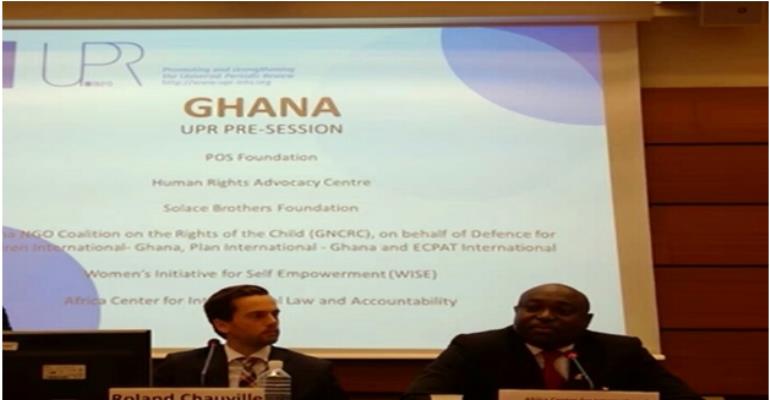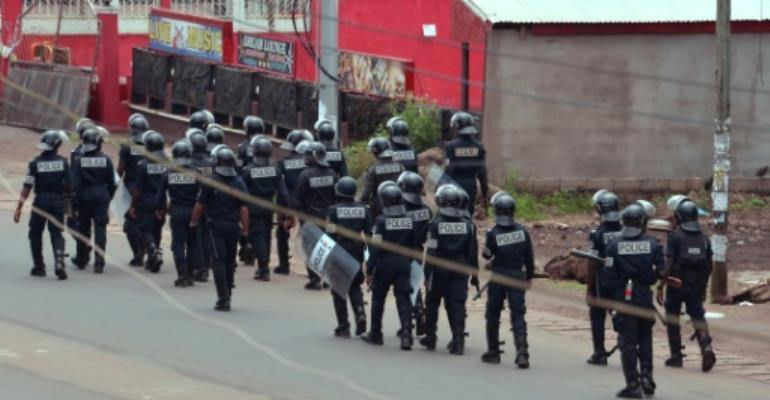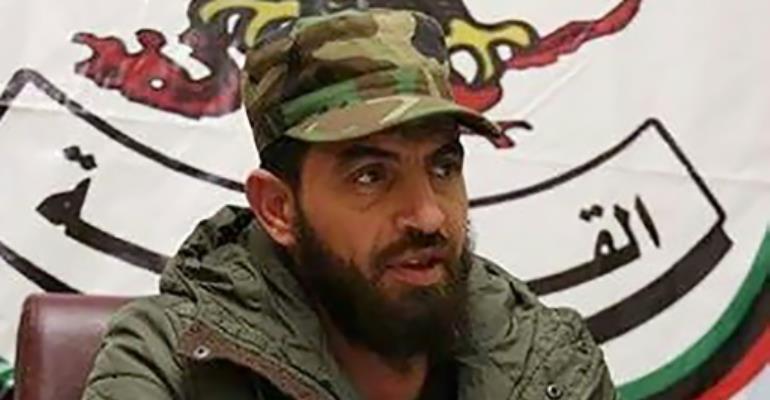 Downloads
Downloads
Somalia truck bomb death toll rises to 276
- by Naomiemeka
Desperate Somalis searched for news of missing loved-ones on Monday, after a massive truck bomb in Mogadishu killed at least 276 people and left 300 injured in the deadliest ever attack to hit the conflict-torn nation.
Residents of the Somali capital, while wearily accustomed to regular bombs and attacks by Islamist militants, have been left stunned by the monster explosion Saturday which gutted surrounding buildings and left victims burned beyond recognition.
A statement from the information ministry on Monday said “276 people were killed in the blast… and 300 wounded were admitted at the different hospitals in Mogadishu.”
The government said it had set up an emergency committee to help relatives find the missing, with a crisis centre in the capital that residents can turn to.
Police official Ibrahim Mohamed told AFP that many of the victims were “burned beyond recognition” in what he described as “the deadliest attack ever.”
Turkey sent a military plane full of medical supplies to Mogadishu on Monday, also evacuating some of the injured for treatment.
The blast occurred at a junction in Hodan, a bustling commercial district which has many shops, hotels and businesses in the city’s northwest. Several experts told AFP the truck was probably carrying at least 500 kilogrammes (1,100 pounds) of explosives.
Abdulahi Nuradin was one of many helping friends and family hunting for news of the missing.
“It has been more than 24 hours now and we don’t have any traces or information about the sister of my friend. We can assume she is dead, with her flesh somewhere amongst the horribly burned dead bodies,” he told AFP.
“We went to several hospitals to seek any information but no to avail, the family is now 99 percent convinced she is dead, I saw so many severed pieces of human flesh at the hospitals, you cannot even look at them,” he added.
– ‘Devastation beyond imagination’ –
Local government official Muhidin Ali said more than 100 bodies who were impossible to identify had already been buried.
“The gruesome dead bodies were displayed at the hospitals for relatives but a few were recognised and most of them not at all, the devastation is something beyond the imagination of humankind,” he said.
There has been no immediate claim of responsibility, but the Shabaab, a militant group aligned with Al-Qaeda, carries out regular suicide bombings in Mogadishu in its bid to overthrow Somalia’s internationally-backed government.
The group has a history of not claiming attacks whose scale provokes massive public outrage.
The previous deadliest assault took place in October 2011, when a truck bomb targeting a government office left 82 dead and 150 injured.
Saturday’s blast, the worst in Somalia’s history, came six years after Shabaab militants were pushed out of Mogadishu by African Union and Somali troops.
While they were also pushed out of major towns across southern Somalia the militants still control rural areas and launch attacks on military, government and civilian targets in Somalia, as well as terrorist raids in neighbouring Kenya.
According to the Nairobi-based Sahan thinktank, at least 723 people were killed and over 1,000 injured in bomb attacks in 2016 in Somalia.

![Boko Haram [Photo Credit: Pearl News]](https://i0.wp.com/media.premiumtimesng.com/wp-content/files/2017/09/boko-haram2.jpg?fit=704%2C396&ssl=1)




